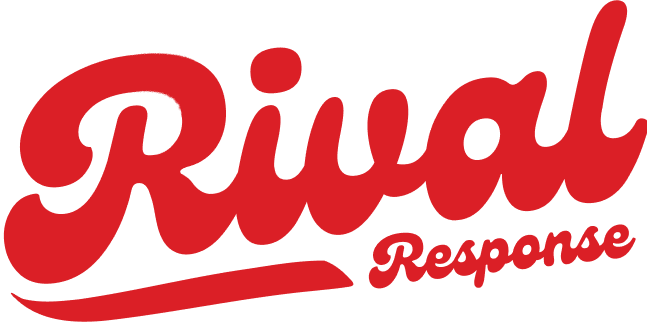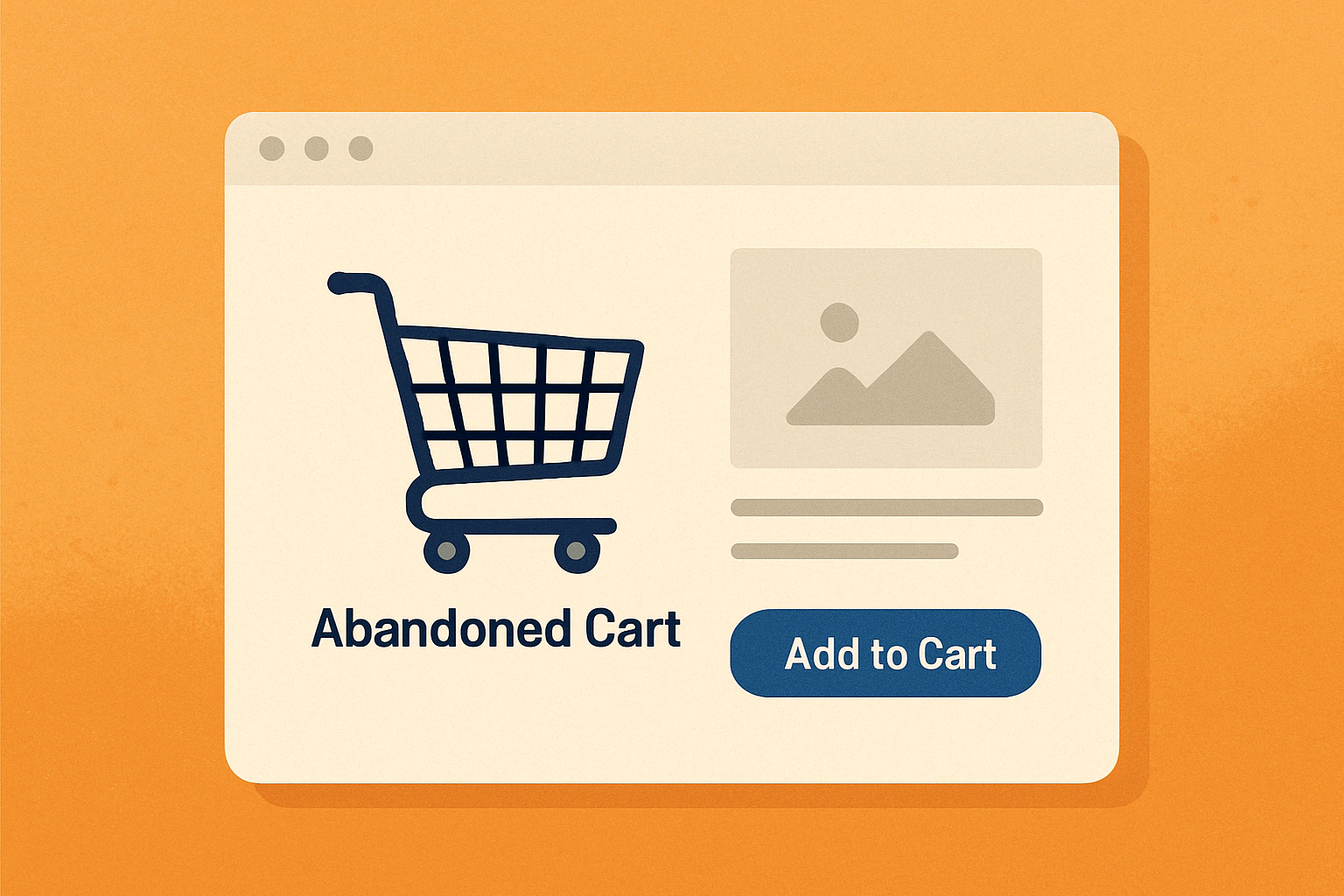1. Claim and Polish Your Google Business Profile
One of the most vital steps in boosting your local SEO is ensuring your Google Business Profile (formerly Google My Business) is complete, accurate, and up to date. This platform feeds your dispensary’s info—address, hours, photos, and reviews—directly into search results.
Action Steps:
- Include Real Photos: Show pictures of your storefront, product displays, and any standout interior decor.
- Select Accurate Categories: Focus on “Cannabis Store” (or equivalent) plus relevant subcategories.
- Encourage Reviews: Positive feedback from verified customers can push your listing up the local search rankings.
2. Optimize On-Site Content for Local Searches
To reinforce your relevance to local buyers, weave location-specific keywords into your website. For instance, if you’re based in Denver, phrases like “Denver dispensary” or “cannabis in Denver” can signal to search engines that you cater to that area.
Content Tips:
- City-Specific Landing Pages: If you have multiple locations or serve various neighborhoods, create dedicated pages for each.
- Local Blog Posts: Write about community events or partnerships, which not only builds goodwill but also naturally includes local references.
- Contact and Directions Page: Display your dispensary’s address, a map, and detailed directions, making it easy for customers to find you.
3. Engage in Competitor Audience Targeting
If your region has multiple dispensaries, it’s worth considering competitor audience targeting. Tools like Rival Response can show you which competitor sites local customers are visiting, and how you can position your dispensary as a better alternative. By focusing your ads on these high-intent users, you can capture market share more efficiently.
Why It Matters: Instead of broad, generic marketing, you’re zeroing in on prospects who already exhibit interest in cannabis products nearby. A well-timed ad or promotion can sway them to visit your store next.
4. Utilize Rival Response Data Analysis
While collecting data is great, it’s how you interpret and act on it that truly matters. Rival Response data analysis goes beyond traffic numbers to tell you who’s visiting your site, what they’re clicking on, and which competitor sites they’ve browsed. This level of insight guides strategic tweaks in ad copy, landing page design, or product focus.
Implementation Suggestions:
- A/B Test Ad Creatives: If one competitor focuses heavily on edibles, you can highlight your broader edible range. Monitor conversions in Rival Response to see if the messaging resonates.
- Refine Store Layout: Data might reveal that most visitors are primarily interested in top-shelf flower. Ensure your in-store signage or displays emphasize this category.
5. Leverage Backlinks and Local Partnerships
Backlinks—links from other reputable sites to yours—boost your authority in the eyes of search engines. Local media outlets, event organizers, or businesses can be great sources of backlinks, provided you foster genuine relationships.
Ideas:
- Collaborate with Local Businesses: Partner with nearby cafés or wellness centers for cross-promotions.
- Sponsor Community Events: You might host a booth at a local fair or sponsor a charity drive, earning your dispensary a mention on their website.
- Engage with Local Bloggers: Cannabis lifestyle bloggers often jump at the chance to feature new products or stores—just ensure any endorsements comply with local advertising rules.
Bonus Hack: Keep an Eye on Your Reviews
Reviews can make or break a local dispensary’s reputation. Responding promptly—thanking people for praise or addressing concerns politely—shows you’re engaged and transparent. If negative reviews appear, see them as opportunities to learn and improve.
Pro Tip: Encourage satisfied customers to share their experiences online but never pay for fake reviews. Authenticity shines through, and shady tactics can erode trust.





